week 6 Transhuman Visions Lecture Notes
Understanding Transhumanism
Definition: A socio-political and intellectual movement advocating the use of technology to radically transform the human condition.
Key quotes:
Max More: Focuses on developing technologies to eliminate aging and enhance capacities.
Allen Porter: Emphasizes radical transformation towards a posthuman future.
Historical Context of Transhumanism
Enlightenment Ideals
Condorcet’s Vision: Improvement of humanity through science and moral progress
20th Century Developments
Julian Huxley: Views man as a manager of evolution, advocating for awareness of human potential and responsibility in shaping evolution.
Pop culture examples of transhumanism
wolverine
dr octavius
any characters that have robotics
Transhumanist pre-occupations views (the state of being worried about or thinking about something most of the time)
the brevity of life (the shortness of human life); shouldn’t it be possible to lengthen human life
the degenerative character of ageing; can’t we do something about how we age? aka ageing is gross, inconvenient and makes you more susceptible to injury and disease; are there technologies that we can use to help us be less fragile as we age? (e.g mind uploading)
the vulnerabilities to disease, injury, illness, disability (e.g bodily enhancements)
the accelerating growth of technological advancements relevant to human well-being and human abilities; the fascination to improve technologies (artifical general intelligence; humans aren’t smart enough)
evolutionary bridges 1
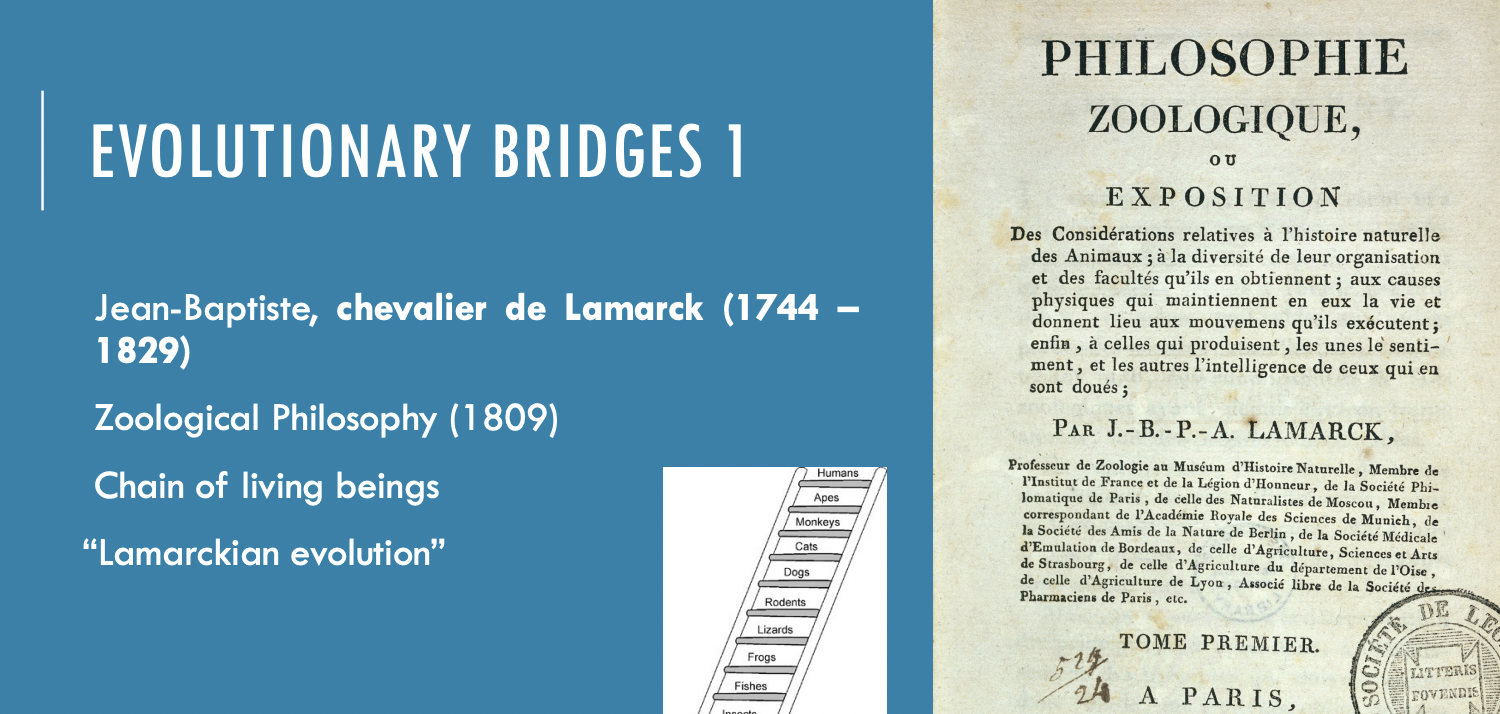
evolutionary bridges 2
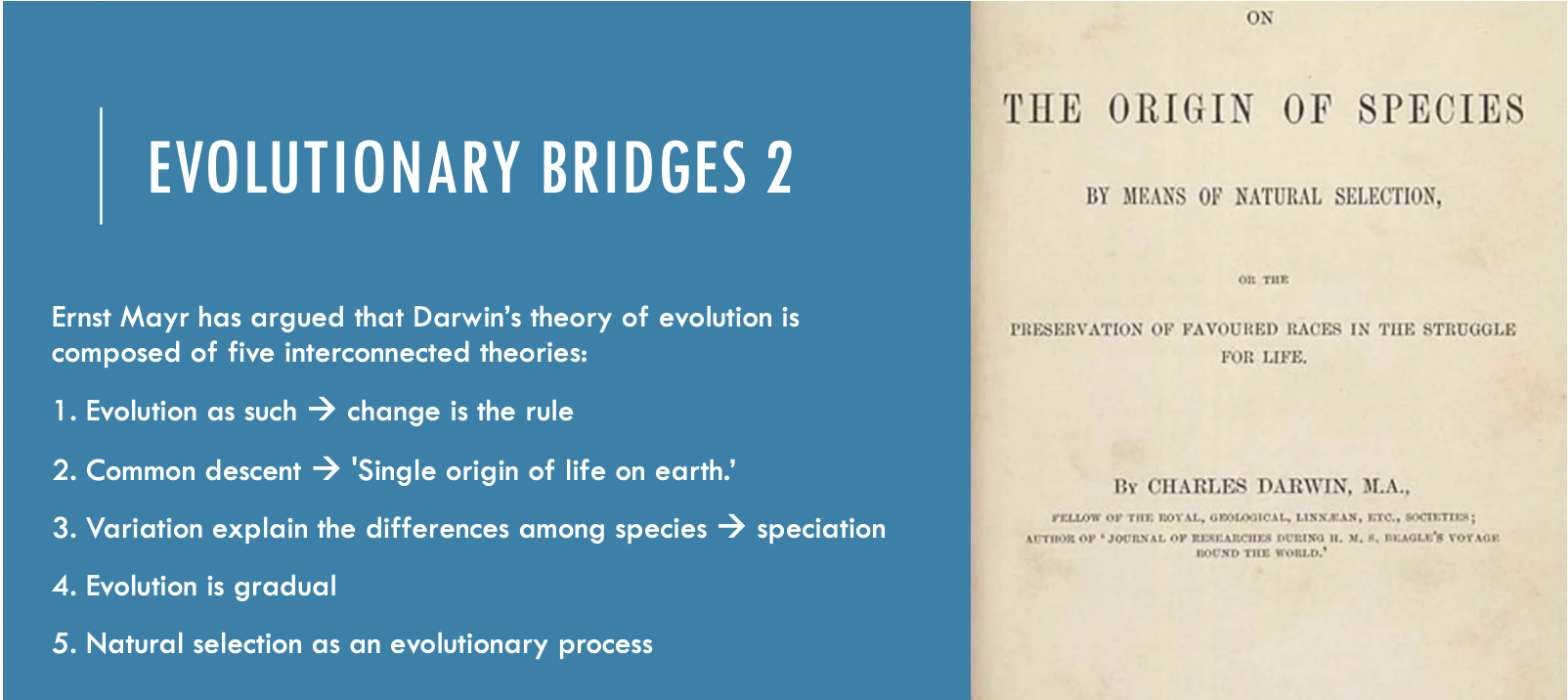
evolutionary bridges 3
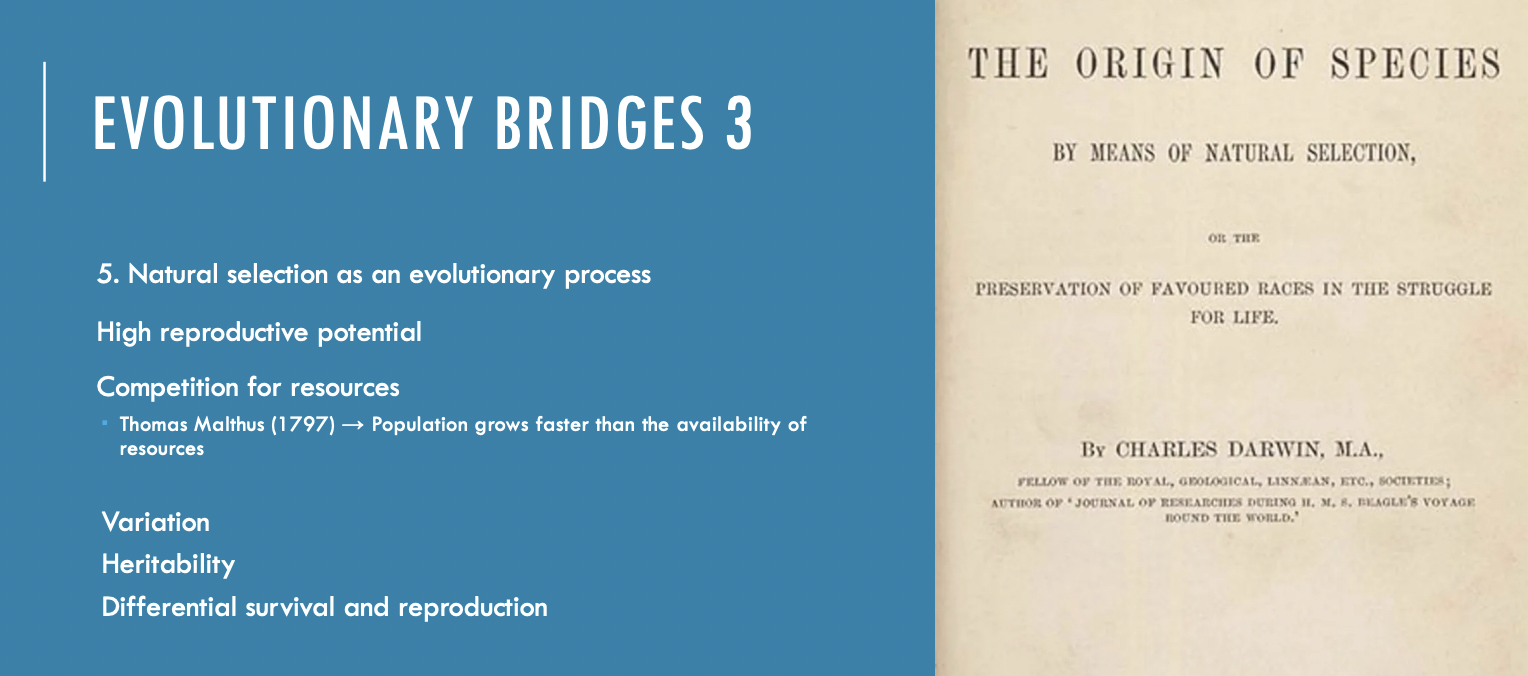
evolutionary bridges 4
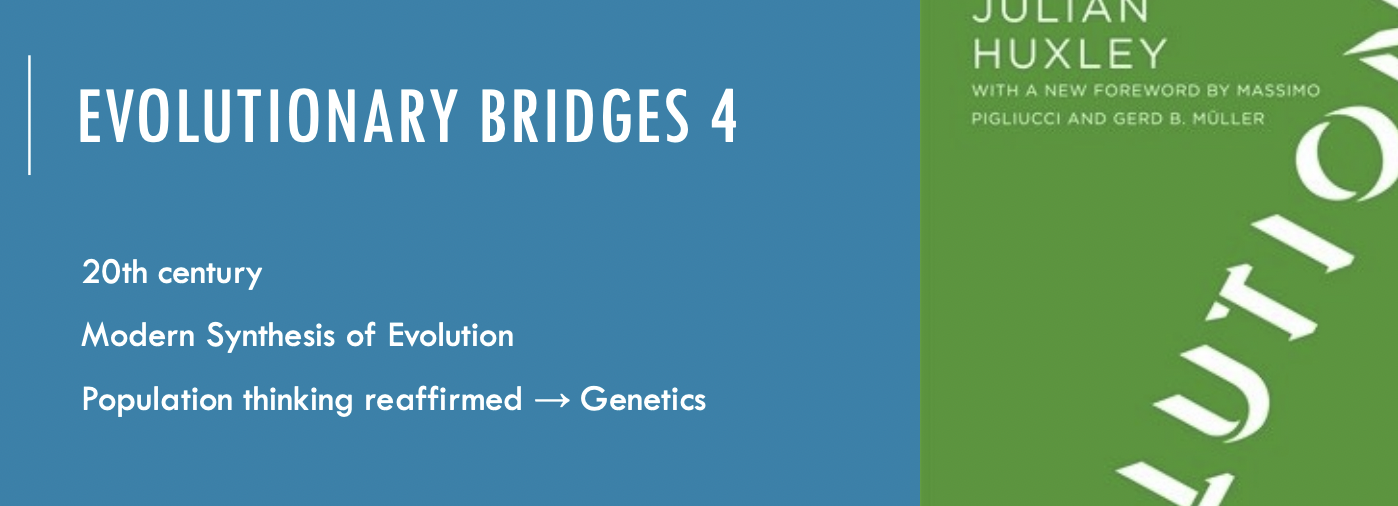
evolutionary bridges 4
Natural selection X artificial selection
power to change/improve genes (e.g breeding dogs to be more suited for human purposes)
the view that humans aren’t the endpoint of evolution
eugenics vs transhumanism
do what we do to plants to produce more desireable traits in humans
Origins 1: Enlightenment pre-curses
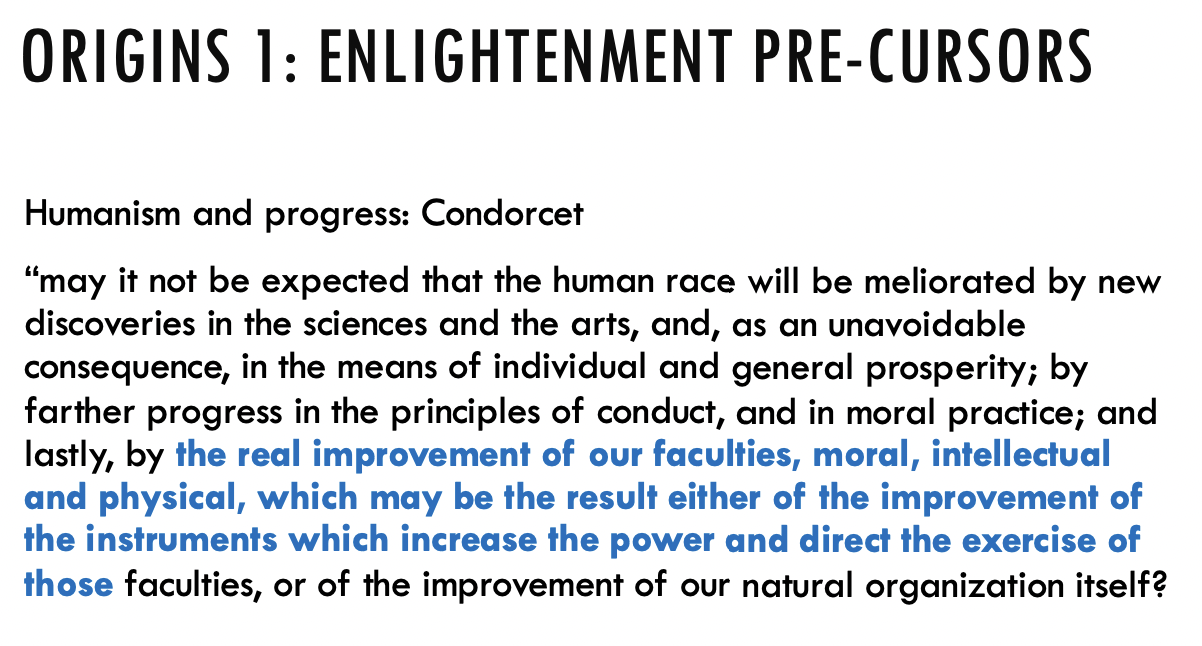
Origins 1: Enlightenment pre-curses
Julian Huxley
his opinion: you shoudn’t interfere with human progression
Concepts in Transhumanism
Human: Current state of Homo sapiens.
Transhuman: Moderately enhanced humans in transition.
Posthuman: Radically enhanced humans who overcome human limitations.
Enhancements and Ethical Distinctions
Human Enhancement: Encompasses health-span extension, disease eradication, and augmentation of human capacities.
Treatment vs. Enhancement:
Distinction between interventions that restore health vs. those that exceed normal functioning.
Example: Growth hormone treatment vs. enhancement for height.
Eugenics and Transhumanism
Eugenics Definition: Improving human stock through selection for desirable traits.
Related Concepts:
Liberal Eugenics
Prenatal Testing
Procreative Beneficence
Modern Implications: How these concepts apply to reproductive technologies and ethical considerations in parental choice.
the principles of extropy
Perpetual Progress:
This principle emphasizes the belief in continuous improvement and advancement in all areas of human life, including science, technology, and culture.
Self-Transformation:
Extropians believe in the importance of personal growth and development, encouraging individuals to actively shape their own lives and push beyond perceived limitations.
Practical Optimism:
This principle advocates for a positive outlook on the future, focusing on the potential for positive change and progress rather than dwelling on potential problems.
Intelligent Technology:
Extropians believe in the power of technology to improve the human condition and advocate for the responsible development and application of technologies that can enhance human capabilities and extend lifespans.
Open Society:
This principle emphasizes the importance of freedom, individual liberty, and open access to information and ideas, allowing for diverse perspectives and voluntary collaboration.
Self-Direction:
Extropians believe in individual autonomy and the importance of self-reliance, encouraging people to make their own choices and take responsibility for their own lives.
Rational Thinking:
This principle emphasizes the importance of critical thinking, logic, and evidence-based decision-making, encouraging individuals to approach problems with a rational and objective mindset.
self-transformation
relevance to transhumanism - relates to changing the state of humans and encouraging humans to continuously evolve
ethical implications - what is a “good trait”?, class segregation of who can afford the technology, discrimination against those who choose against